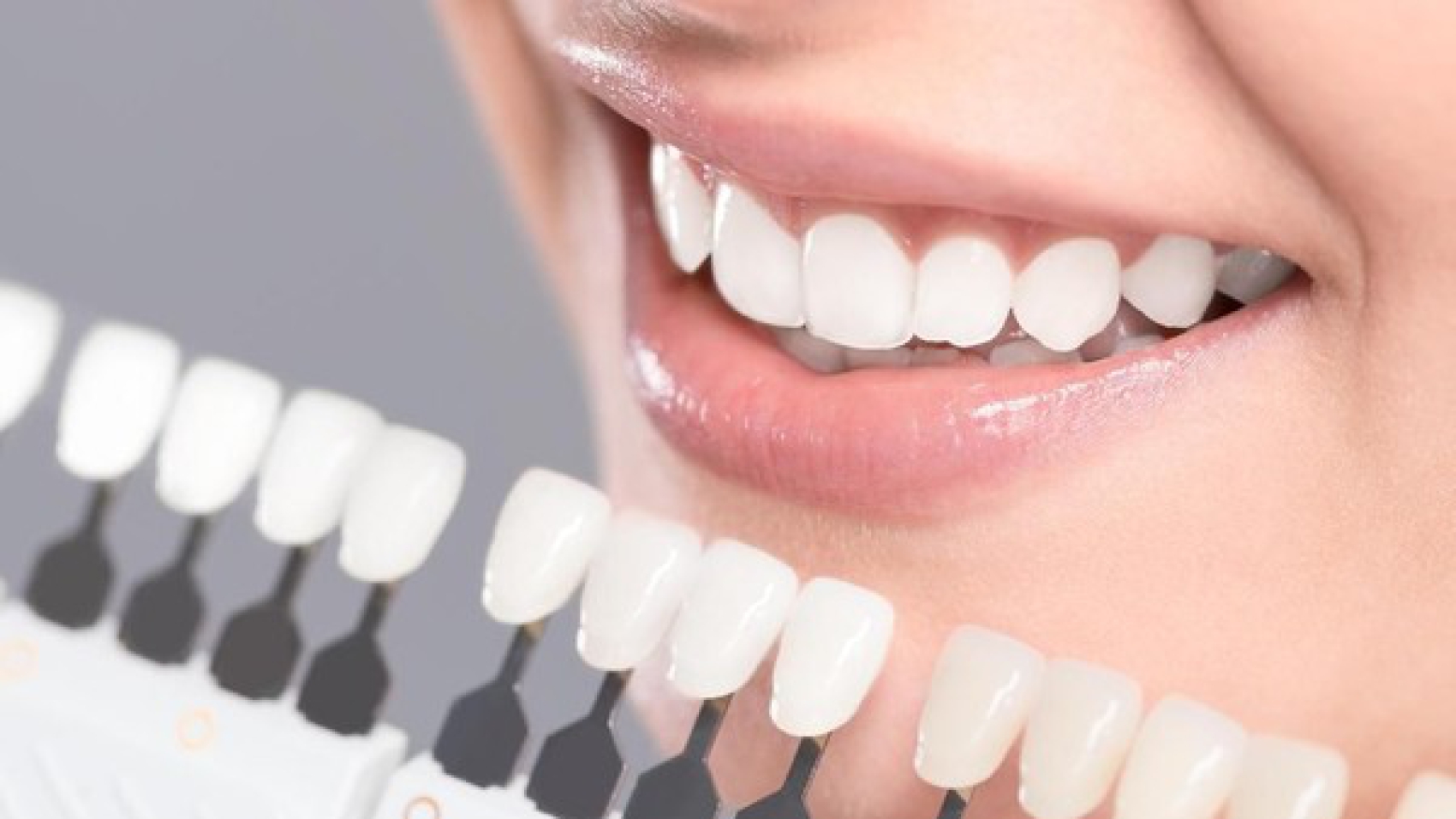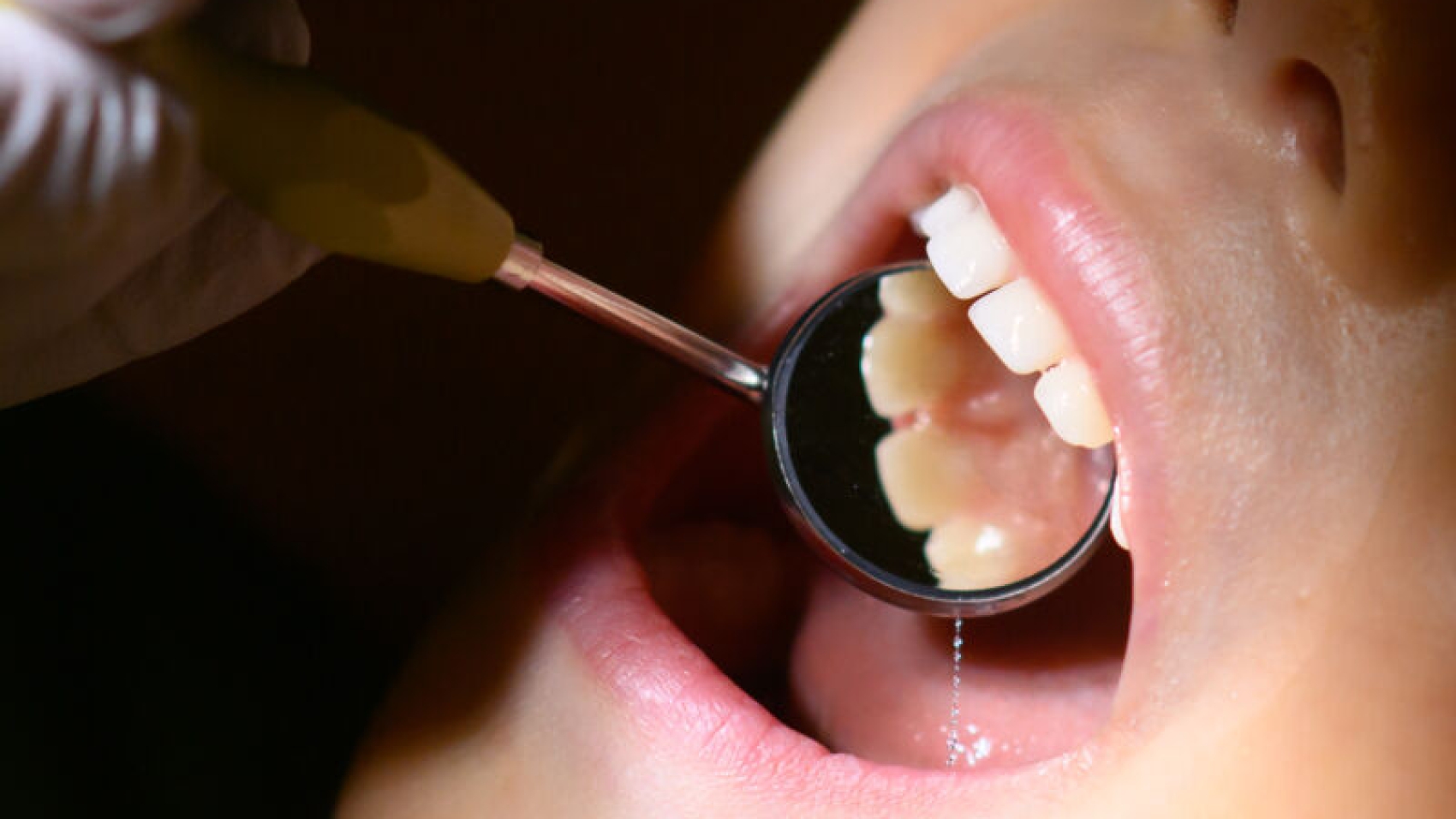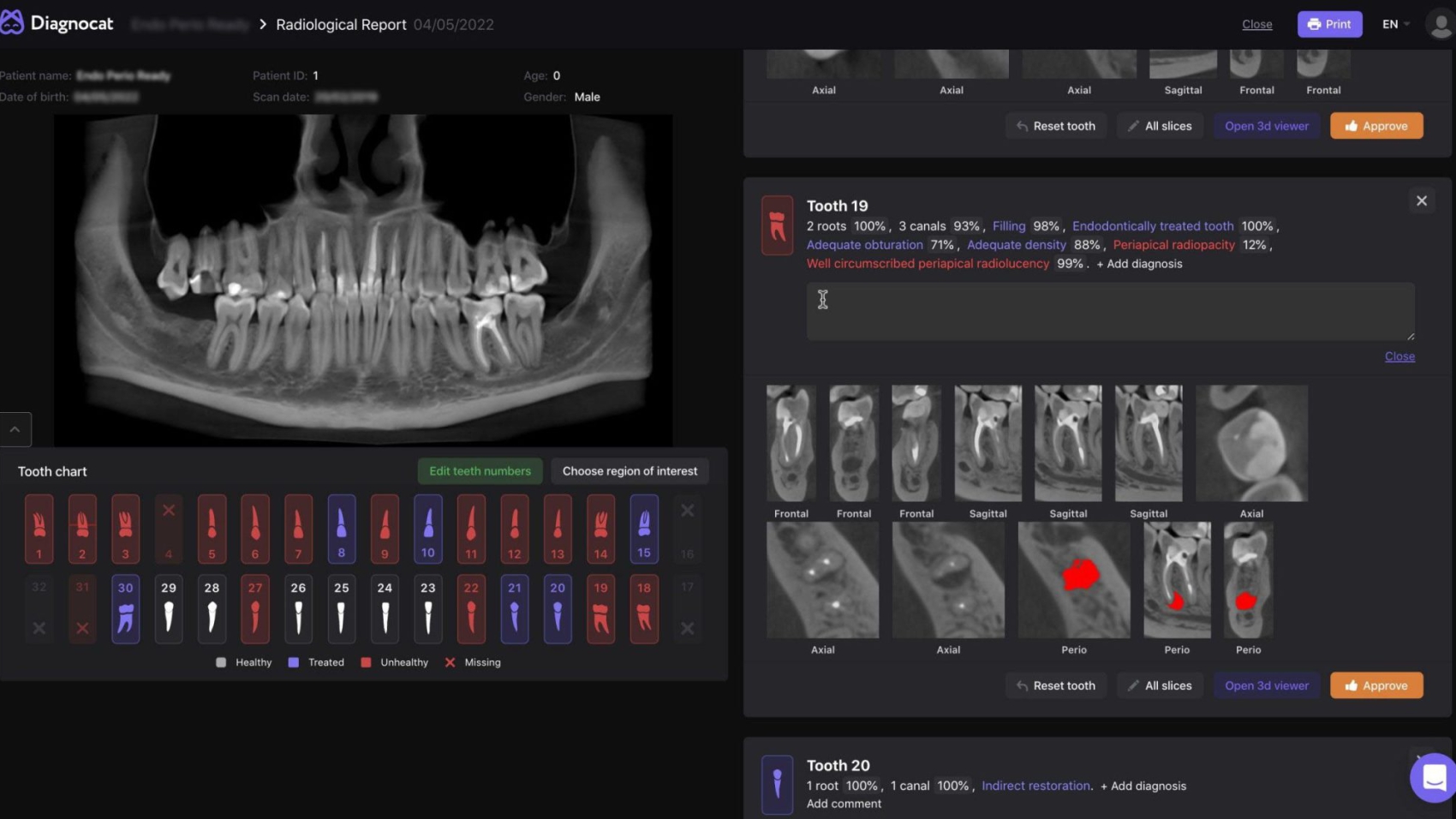“Veneer techs” have gone viral on social media after a self-proclaimed tech confused users by shared his certificate of completion, and a separate TikTok user shared a horror story of her veneers falling out after two days, but dentists warn these techs are performing dental work illegally, and they put patients at risk for serious health issues down the line.
KEY FACTS
Veneer techs are people who illegally place veneers on patients after completing a two-day training course that typically cost around $2,000 to $3,000, after which these tech receive certificates of completion that do not certify them to perform dental work, Jandra Korb, dental director of healthcare company DentaQuest, told Forbes.
Licensed dentists have National Provider Identifiers they use at licensed dental supply stores, where they’re able to buy products and instruments, but some veneer techs use nail supplies like acrylic for their procedures, while others buy kits off sites like Amazon and Temu—which don’t check NPIs—Ashley Brede Ciapciak, dentist at Brede Ciapciak Dental, told Forbes.
Dentists are the only people who are legally allowed to perform veneer work, so veneer techs are “playing a risky game with patients’ health” since they may lack the proper knowledge on sterilization and dental health that formally trained dentists have, Whitney White, a dentist at Aspen Dental in Nevada, told Forbes.
Ciapciak warned these illegal techs can be criminally charged with practicing medicine without a license, which is a felony in most states, and patients can also sue them for assault and battery if their dental work goes wrong.
A Las Vegas woman who ran an illegal company called the Veneer Experts was charged with felony counts of illegal practice of dentistry earlier this year after a patient’s teeth fell out, and the patient filed a complaint with the state.
Patients who seek out veneer techs often do so because they’re cheaper than traditional dentists—who may charge between $800 and $1,950 per tooth—but Ciapciak recommends going to a dental school to get this work done, since they’re “one-third to one-fourth of the cost of a private practice,” but still follow proper procedures with sterile instruments.





